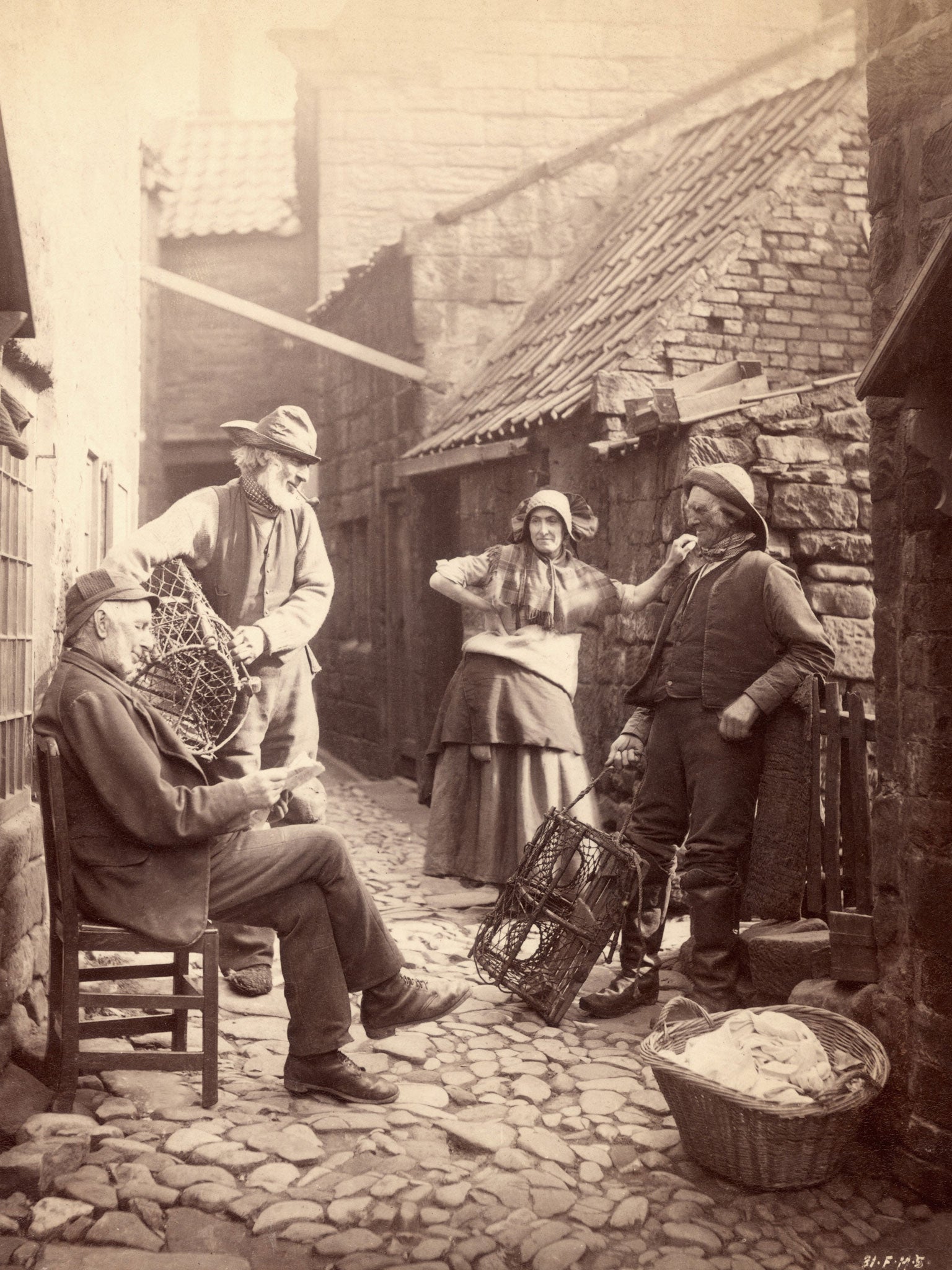Revealed: Fishermen’s work has got 25 times harder in last 150 years
Fish populations in UK coastal waters are a fraction of what they used to be

Your support helps us to tell the story
From reproductive rights to climate change to Big Tech, The Independent is on the ground when the story is developing. Whether it's investigating the financials of Elon Musk's pro-Trump PAC or producing our latest documentary, 'The A Word', which shines a light on the American women fighting for reproductive rights, we know how important it is to parse out the facts from the messaging.
At such a critical moment in US history, we need reporters on the ground. Your donation allows us to keep sending journalists to speak to both sides of the story.
The Independent is trusted by Americans across the entire political spectrum. And unlike many other quality news outlets, we choose not to lock Americans out of our reporting and analysis with paywalls. We believe quality journalism should be available to everyone, paid for by those who can afford it.
Your support makes all the difference.It might sound like a fisherman’s tale, but trawlers have to work 25 times harder to catch the same quantity of fish today as they did 150 years ago, scientists have calculated.
Fish populations in UK coastal waters are a fraction of what they used to be, and by analysing historical records researchers have calculated that for the effort put in, a modern trawler catches only a small fraction of what its sail-powered predecessors could expect to catch.
The introduction of bottom trawling, whereby metal or wooden bars fixed to nets are dragged over the seabed, was identified as the key factor in the dramatic decline in fish numbers in UK waters.
Scientists used the records of two 19th century Royal Commissions to provide the first quantitative estimates of the impact of bottom trawling – which is more efficient but less selective, and also damages the seabed habitats relied on by many marine species – and reveal that it was a “turning point” for UK fish stocks.
They calculated that for the same effort, modern trawlers caught 25 times fewer fish than their counterparts in 1860. “Amazing but true,” Professor Callum Roberts, of the University of York, told the website Fish2fork.
Evidence given to the Royal Commissions, one from 1863-66 and the second from 1883-85, included witness statements on how catches had fallen as bottom trawling spread to fleets around the country over the 70 years from 1810 to 1880.
One retired fisherman from the North-East told the 1866 commission: “Twenty years ago we used to get 600 or 700 head of fish a day there [Spurn Point, off Grimsby]; now they cannot get about 20 head, or three or four score at the outside.”
Another fisherman recalled: “Up to 1855 a vessel would capture as much as 60 stones [380kg] in a night from the Silver pits. It is unusual now to get more than six or eight stone [38-50 kg], which is a good haul.”
Witnesses spoke not just of finding fewer fish than in previous years but of how they had to travel further out to sea, work harder and buy extra fishing equipment just to catch the same quantity as they used to.
Catches had fallen so dramatically by the 1880s that even some trawler owners were calling for bottom trawling to be outlawed out to three miles from the shore, and concern about fish stocks led to landings being recorded from 1886.
Dr Ruth Thurstan, now at the University of Queensland in Australia but at York University when the research was carried out, said it was clear that bottom trawling transformed fishing around the UK. “Our findings help to improve our understanding of past change and the long-term effects of our activities upon the marine environment,” she said.
In a paper published in the journal Fish and Fisheries the researchers concluded: “This study provides evidence of the large-scale destruction that occurred to seabed habitats and inshore fish populations long before collection of fisheries statistics commenced and even longer before regular scientific monitoring began.”
Join our commenting forum
Join thought-provoking conversations, follow other Independent readers and see their replies
Comments